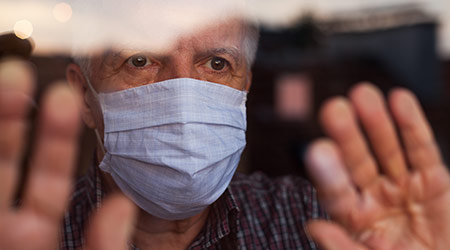
Wastewater Test at University of Arizona Prevents COVID-19 Outbreak
September 1, 2020
The University of Arizona says it prevented a potential COVID-19 outbreak when it discovered signs of the coronavirus in a dorm’s wastewater, according to The Hill. As students were moving back to the dorm, and being tested for coronavirus, the wastewater was also tested. When a higher than average viral load was detected at the dorm, all 311 students in the dorm were tested. Two came back positive, and were immediately isolated.
Testing wastewater is one of the newer and, according to researchers, most effective methods for detecting the virus, and initiatives are underway around the world to test for the virus at wastewater treatment facilities, according to the Washington Post.
Other colleges, hoping to prevent an outbreak like that which occured at the University of North Carolina, where there have been more than 1,000 new cases since school opened and in-person classes have been suspended, are also testing wastewater in dorms and other facilities. Syracuse University is another example that is testing sewage and wastewater from its residence halls.
The University of Arizona, meanwhile, has only had 47 positive tests since reopening. “What we really need to find out are who are the people who are asymptomatic that are positive, so this random testing, this use of wastewater-based epidemiology is going to be really important, as well as watching the compliance metrics of how many people are covering this face, how many people are downloading the app for contact tracing, how many people are completing their daily Wildcat wellness check?” said UofA’s president, Robert C. Robbins, in The Hill.
This post was submitted by Greg Zimmerman, editor, Building Operating Management and FacilitiesNet.com.
Next
Read next on FacilitiesNet












